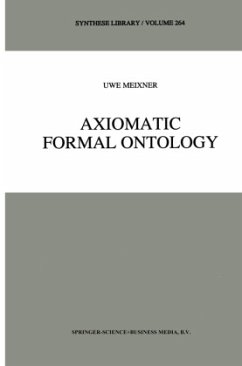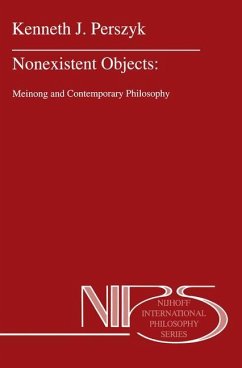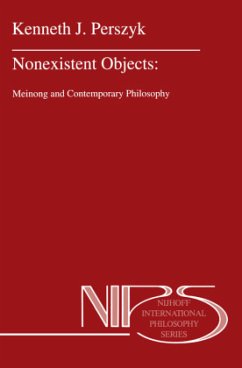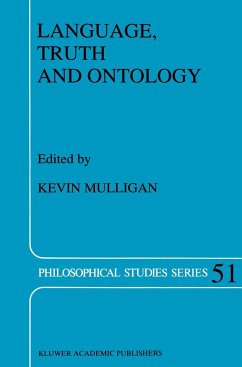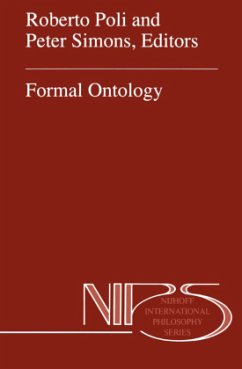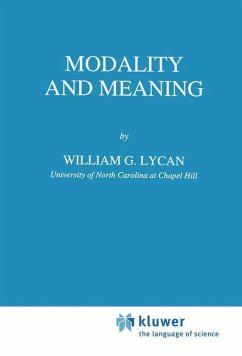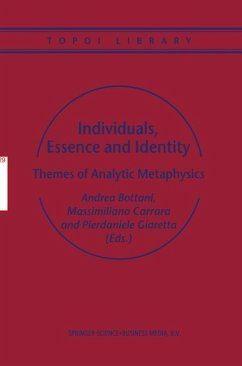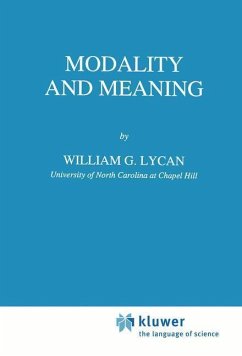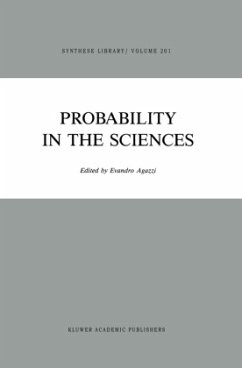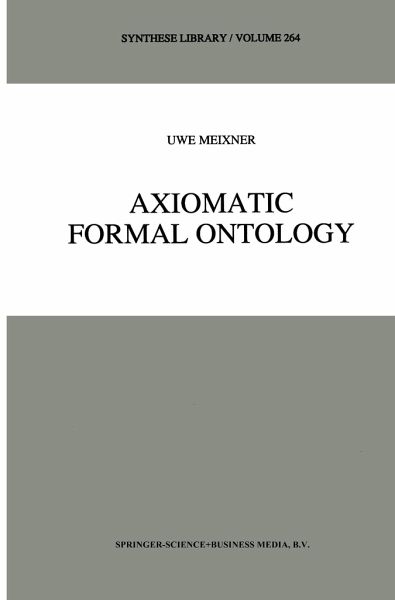
Axiomatic Formal Ontology
Versandkostenfrei!
Versandfertig in 6-10 Tagen
113,99 €
inkl. MwSt.
Weitere Ausgaben:

PAYBACK Punkte
57 °P sammeln!
Axiomatic Formal Ontology is a fairly comprehensive systematic treatise on general metaphysics. The axiomatic method is applied throughout the book. Its main theme is the construction of a general non-set-theoretical theory of intensional entities. Other important matters discussed are the metaphysics of modality, the nature of actual existence, mereology and the taxonomy of entities.





